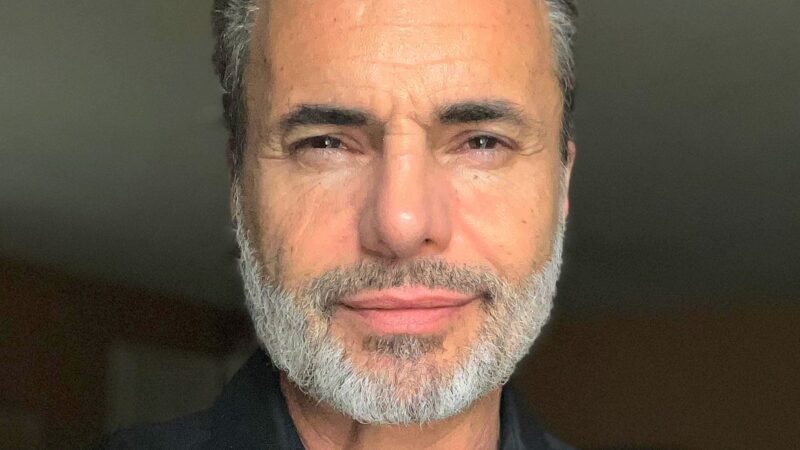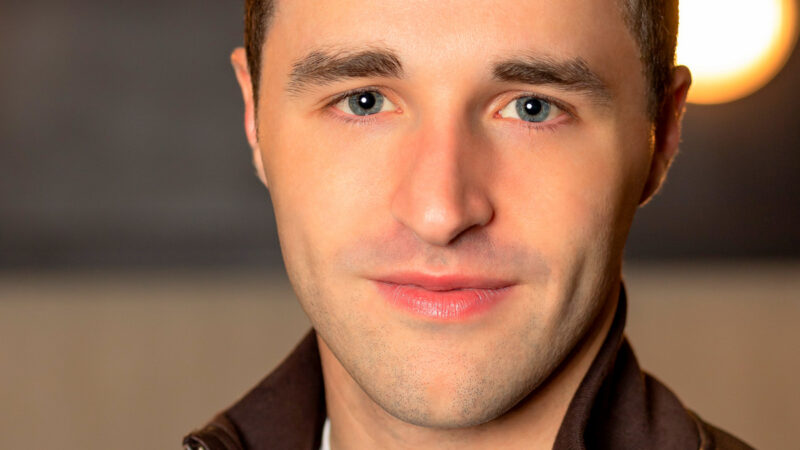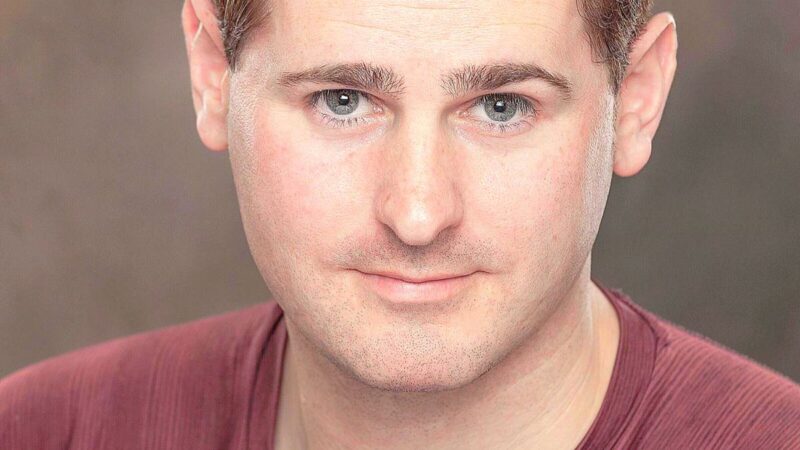
With over 10 years experience I have the ability to be versatile to work on projects from all stages from ideation to delivery. Including Commercial , Drama, Branded Content, Documentary, Music, Live Events , Corporate & Social. Services include: Director/Self-shooting Director/DOP/Camera operator/Editor & Grade. I’ve directed/shot/edited content and campaigns for brands including Sony, Virgin Atlantic, Apple, Amazon, Universal, Puma, and many more. I’ve also directed award winning short films & worked as a DOP on the feature film ‘Nine Nights‘ that premiered at the BFI and is currently available on Amazon.
indieactivity: How did you get into directing? How would you describe your style?
Rick Stanton (FL): I got into Directing when I was teenager by first teaching myself to edit on adobe premiere. This would of been around 2001. Back then it was a different time, a time without YouTube. This meant the only way to self educate was by playing around with the software and figuring it out as you went along.
As I went into adulthood by day having a bunch of dead end jobs in the day including warehouse worker / cleaner / drivers mate.
By night I would run club nights in London mostly hosting indie bands of the time. This opened up some doors within music which allowed me to make a couple 0 budget music videos for fun. Which was a great learning process as music videos give you freedom to play.
The Official Trailer for Spectrum Directed by Rick Stanton
Then one day I got a paid job to film Mitch Winehouse (Amy Winehouse’s dad) do a gig as a singer. This would become a fairly regular job which expanded to filming Amy plus many other musicians. With this new found “courier” I started to film at music festival and other events. Over time me and my Girlfriend Penny who is a producer decided to setup our own company Bark Films. With this it allowed for growth and from working within music to transitioning to branded content / commercial for such companies as Apple/Virgin Atlantic/Puma/Sony plus many more. And I have been working within this space for the past 15 years.
In this time, I have also worked as a DOP for Feature Film “Nine Nights” which premiered at the London BFI and also now directed three short films two of which I have also written. In Terms of style for my current film Spectrum id say it is gritty/naturalist with a moral compass.
Who is “Spectrum” for? Who do you think would enjoy it the most?
Rick Stanton (RS): The audience that I hope would take something from Spectrum would be people who are on or know someone on the autism Spectrum. People looking for an honest story that would hopefully leave them with thinking about their own morally compass. Also the film is injected with a lot of naturalist humor which I feel people would hopefully enjoy.
It also has a lot of comic book reference points which people into comic book culture will also appreciate.
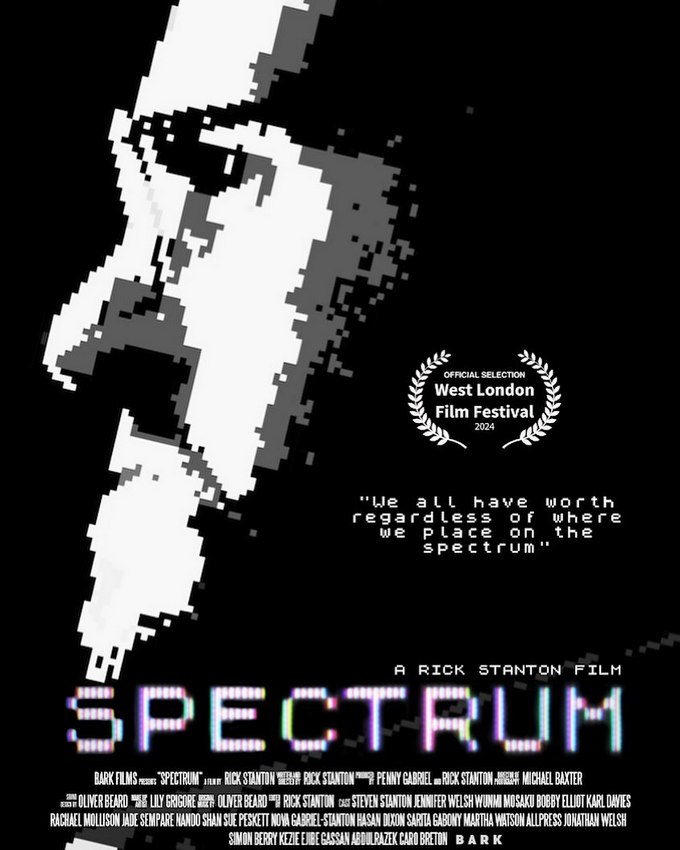
How long did it take to shoot the entire film?
Rick Stanton (RS): In all the film took eight shooting days. But this was done over a 8 month period as this was a self-funded project it had to be done around everyone’s schedules. Also it gave time to not over wheal the production as it could be done in bitesize chunks a couple scenes at a time.
How long was the post-production process?
Rick Stanton (RS): With the gaps in shooting this allowed me to edit between shoot dates with plenty of time to finesse each scene. Which allowed me to cut each scene separately during this period and then once all scenes were shot I was able to simply create a new timeline which I would place in the current order. This was satisfying seeing it all come together. And allowed for the final edit to be done not long after the last scene was shot.
Then the film went into sound design which took around a month or so as this was done around the sound designer Oliver beards schedule as this was done on a mates rate fee.
Lots of talents worked behind the scenes, Why is diversity important both in front of and behind the camera?
Rick Stanton (RS): The film actually had a very small crew 70% of the film was shot with just a crew of two myself and my DOP Michael Baxter. All scenes within the film were shot on a two camera setup with myself and Michael operating while also we would do all lighting / rigging / sound recording. This was done for two reason one to keep costs down and two to not make the films cast of people on the spectrum feel intimidating by having too many people watching.

In terms of diversity spectrum is an example of allowing opportunity to people who don’t always get given the chance to show what they can do. This is one of the reason we made the film. The film is authentically cast with people on the spectrum with the lead played by my brother while being supported by actors including Bafta winner Wunmi Mosaku (Loki / Deadpool & Black Mirror)
What are your goals with “Spectrum”?
Rick Stanton (RS): The Mission of the film is to highlight that we all have worth regardless of where we place on the spectrum which is first of all what I hope an audience takes from the film. And, secondly in an ideal world we hope that the film opens another door of opportunity in order to either expand the 30 min short into a feature length film which we have ideas for or to open the door to a new project in development.
A film called the Greyhound which is a community driven film that highlights how within cities we all live on top of each other with the same goal no matter your race/religion or background the main aim is to support our families, have a good time and get by all while putting the world to rights.
What’s next for you? What are you working on right now?
Rick Stanton (RS): Right now the main focus is finding “Spectrum” an audience in order to open the next door as this was a self funded project the aim is like all filmmakers to find funding in order to step up to the next larger project.
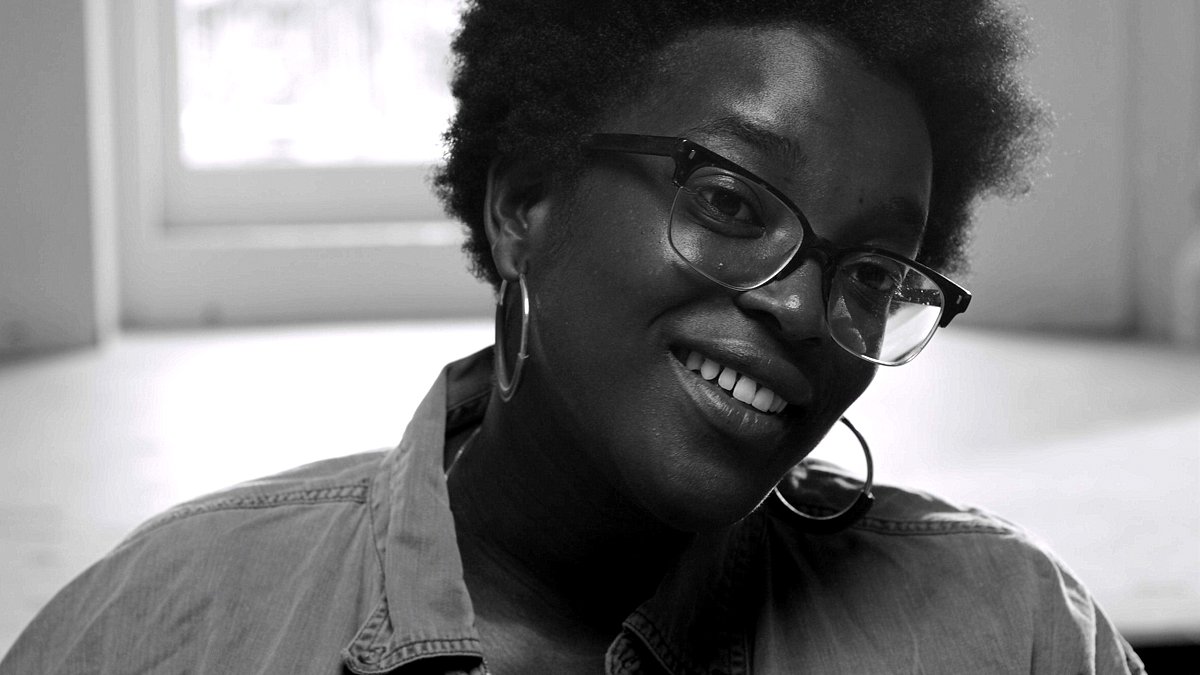
What would you recommend to a director at the beginning of his/ her journey?
Rick Stanton (RS): My advice for anyone starting out is always two things. First learn to edit, as you will discover for yourself how to put a scene together. Secondly, watch your favorite movies on mute. This practice frees your mind to understand were the camera is and its visual intention within the scene.
And shoot as much as possible while saying yes to every opportunity even unpaid. Or not for subjects you necessarily want to work on. But its all learning every time you get to shoot anything.
Who is your favorite director? Why?
Rick Stanton (RS): This is a very tough question, but it’s always been David Fincher. The reason being he is a master of having people sit in a room keeping an audience engaged. Which is a tough and brave thing to do. Also his use of music and camera movement when needed Is perfect.
What advice would you give directors around the world?
Rick Stanton (RS): It doesn’t matter if you don’t have the best gear. If you have any camera or a phone it means you have all you need to make something. Look around you and build a story around your environment. If you know someone with a location you can use then base your story there. So, if a neighbor has a cool car ask to use it. If your friend has an interesting talent to build it into your story. Always look at what you have and not what you don’t have.
Tell us what you think of the interview with Rick Stanton. What do you think of it? What ideas did you get? Do you have any suggestions? Or did it help you? Let’s have your comments below and/or on Facebook, Instagram, or Twitter.
Socials
Website
FILMMAKER INTERVIEWS





